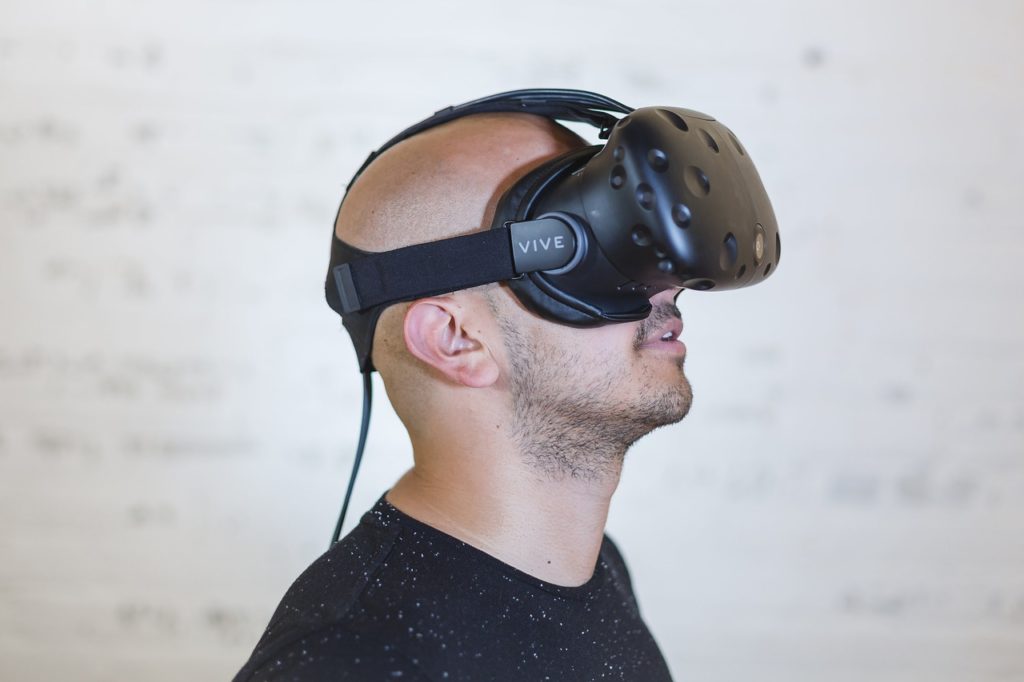Healthcare biotechnology is still an emerging area, with great implications for the future of healthcare. Because of the nature of our world and its constant advancements in technology and medicine, biotechnology, too, has to be ready to adapt to new changes and use those improvements to its advantage. As we move forward into 2020 and biotech continues to grow and develop, there are a number of trends to watch in the healthcare industry as a whole. Here are a few ways that biotechnology’s continued development will keep influencing the way we think of healthcare and how it will likely be used in the future.
Continuous Improvements in Drug Research and Telehealth

Drug development has historically been slowed by cumbersome, often ineffective clinical trials. With advancements in biotechnology, clinical trials will become easier to organize in terms of data collection, the initial planning process, and the recruitment of participants. Consequently, the speed and efficiency of drug development should improve markedly. While concerns over high drug prices are likely to remain in the international spotlight, the continuous innovation in drug therapies resulting from these improvements in drug development processes should counterbalance such concerns.
Patients will see improvements not only in the development of drugs, but also in diagnostics and assessments. Without leaving their homes, people can have follow-up visits with their physicians, thereby reducing out-of-pocket costs and the burden of traveling to see a doctor in person. Since physicians’ offices are generally open during regular business hours, many individuals can find it difficult to reach them without taking off from work, resulting in a loss of income while incurring the cost of an office visit, or at least a deductible. Telehealth visits are helping to reduce those costs by making it possible for a patient to see his or her physician at convenient times – like during a lunch break.
Gene Therapy and Stem Cells
Genetic research has been a focus of biotechnology companies for a while, and it is likely to continue as an important area of research. Since researchers mapped the full DNA sequence of human chromosome 22 in 1999, genetic research has advanced to map, both partially and fully, thousands of additional human chromosomes. With these advancements, physicians can look at genes to determine the likelihood of certain diseases being passed from parent to child. Along with these developments comes that of gene therapy drugs. Developments in gene therapy have the potential to offer cures for genetic diseases that would not have been possible previously. These specific therapies work in some cases by delivering copies of normal genes directly into cells, giving hope to those living with genetic diseases that future cures might be on the horizon.
Similarly, stem cell research has continued to advance. As recently as 2017, researchers created a new type of stem cell, called an “extended pluripotent stem cell,” that has the ability to develop into any cell in the human body. This important advancement offers the potential to grow human tissue, with possible applications as a cure for cancer, not to mention its use for the regrowth of limbs and organs.
New Uses for Virtual Reality

Though not exactly biotech, virtual reality (VR) tools as therapy tools are just beginning to enter the healthcare industry in earnest. They have the potential to offer physicians another diagnostic tool with real-time feedback and a way to practice for complex procedures. Before undertaking a complex surgical procedure, a physician can prepare for potential problems or possible errors before they occur by walking through the surgery in VR.
Similarly, augmented reality tools, like data overlays and other enhancements, might make their way into the physician’s office. Such tools can provide real-time feedback on procedures, helping physicians to avoid medical errors during complicated procedures. Companies like appliedVR are actively developing tools that can be used for pain management in hospital settings or to help patients cope with long hospital stays. VR tools can also be used as an educational tool for patients and the general public to help them better understand certain chronic conditions, potentially by experiencing them through VR or going through tours of tumors.
Biotechnology will continue improving the healthcare industry through its many new developments as we head into the next decade. As patient expectations continue to rise, it is time for the healthcare industry as a whole to step up. Immunotherapy, gene therapies, VR, and improved drug research are only a few of the ways that biotech is improving our health.

